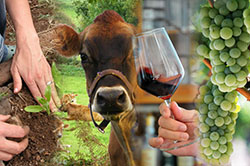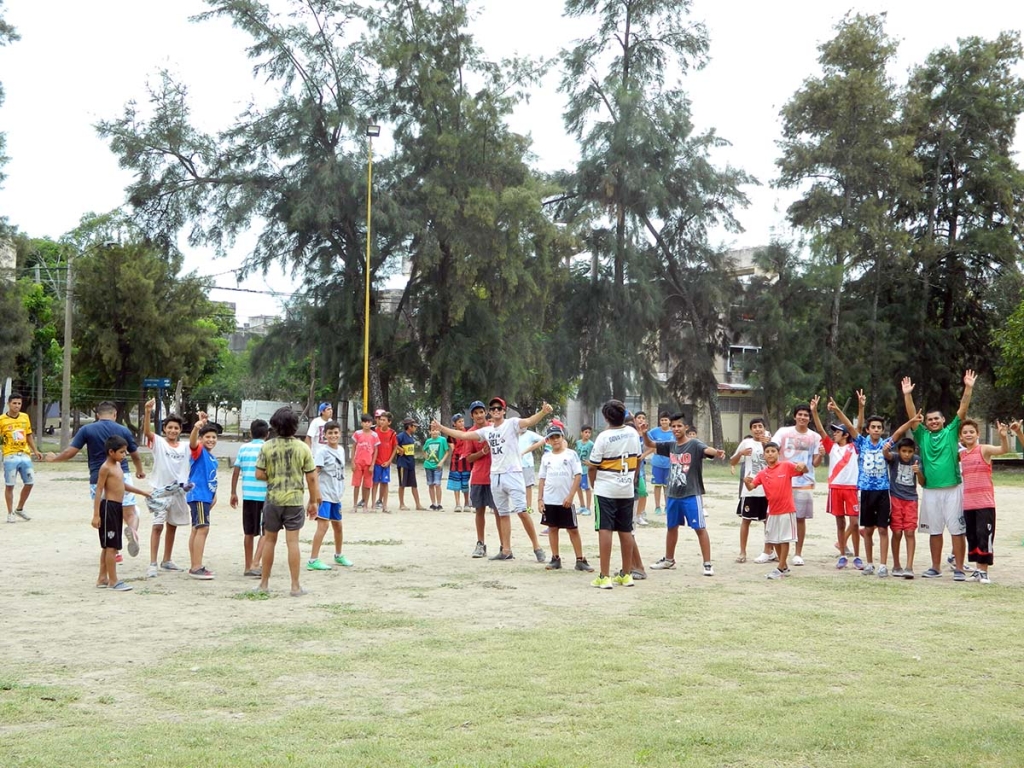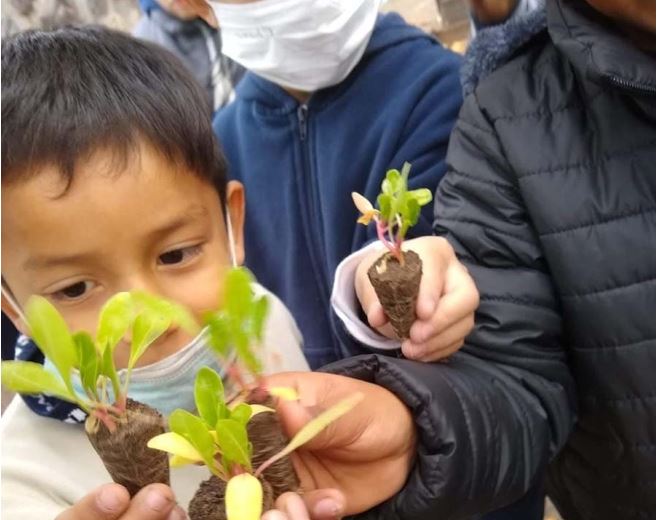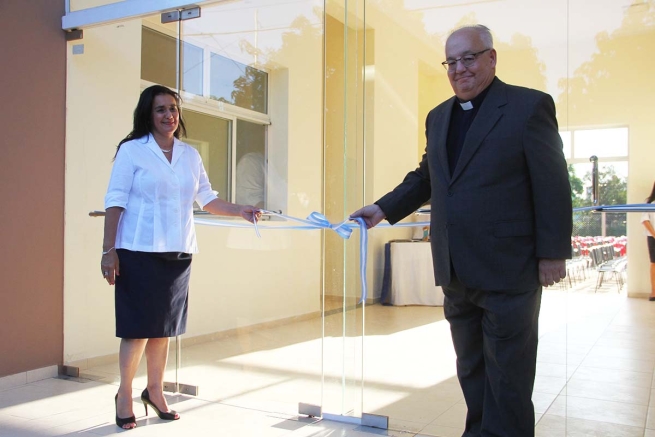ARGENTINA: Salesian Agricultural Programs Receive Local Recognition for Training Expertise

(MissionNewswire) Although viewed as a relatively wealthy country, Argentina has a poverty rate of just over 26 percent, according to the World Bank. Close to 4.4 million people live below the poverty line and the country’s high school dropout rate is close to 20 percent. Youth account for one in three of those unemployed.
The Salesians have a long history of working with poor youth and their families in Argentina, offering access to education and training that provides a foundation for youth to gain employment and break the cycle of poverty.
This past July, the Salesians were featured in an edition of the Diario de Cuyo, a daily newspaper in the province of San Juan, acknowledging their work training many generations of young people in agriculture, horticulture, animal husbandry, viticulture and wine-making.
The article took note of the level of expertise demonstrated in the wine-making books created by Father Francisco Oreglia, a Salesian priest at the wine-making and horticultural program in Rodeo del Medio in the province of Mendoza. The article further noted that the teachings by the Salesians have benefited generations of wine producers in the southern hemisphere.
“The Salesians have been working in Argentina to provide educational opportunities to poor youth for many years,” says Father Mark Hyde, executive director of Salesian Missions, the U.S. development arm of the Salesians of Don Bosco. “Salesian technical and agricultural programs and other services educate youth and help them learn skills to gain stable employment.”
The Salesian Pascual Gentilini Agricultural School in San Jose recently celebrated its 85th anniversary. Its curriculum includes lessons in community service, vegetable gardening, cooking, maintenance, music, annual crops, cultivation of tea, fruit farming, zootechnics, bee-keeping, cattle-raising, leadership training and social work. Agricultural technical training encompasses one to six years of study and teaches modern methods of farming together with business management.
“Investing in agriculture education in developing countries is vital to a community’s livelihood and essential not only to overcoming hunger and poverty, but also to ensuring overall economic growth for the surrounding villages and cities,” adds Fr. Hyde.
The Salesians operate more than 90 agricultural schools world-wide and 10 agricultural programs in Argentina alone. In addition to agricultural programs in the country, the Salesians run primary and secondary schools as well as technical and vocational programs.
“The Salesians are working hard to educate youth in Argentina and provide them a path out of poverty,” says Fr. Hyde. “The academic and technical programs offered show how education and training not only benefit the individual student, but also entire communities when students return home and share the skills they have acquired or start up local businesses.”
###
Sources:
ANS – Argentina – “Salesians and Agriculture”. Recognition in Local Newspaper
World Bank – Poverty in Argentina




